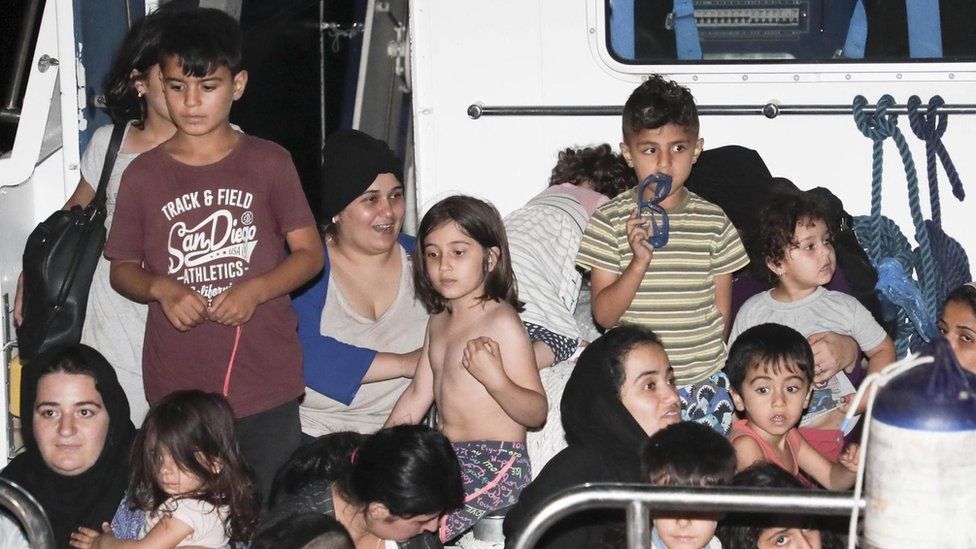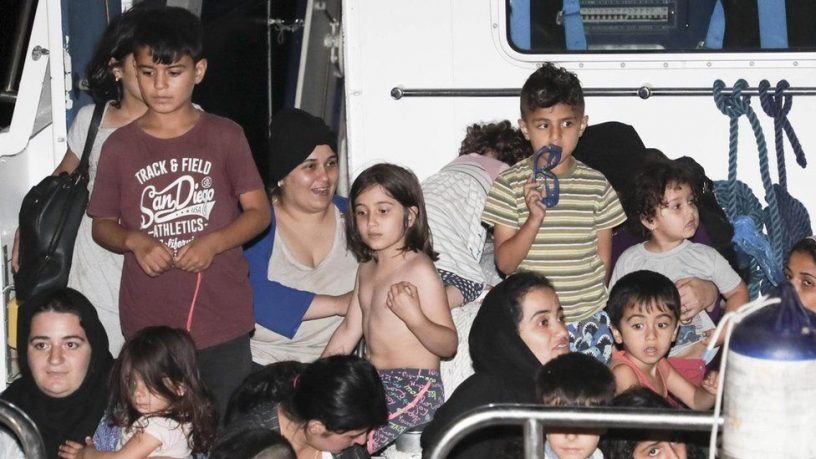
Authors:
Dr. Raffaela Puggioni, Associate Professor, Jindal School of International Affairs, O.P. Jindal Global University (JGU), Sonipat, Haryana, India.
The article investigates the way in which asylum reception has been organized in Italy in response to Kurdish refugees. The analysis suggests that Italy, as compared to northern European countries, has failed to develop a public system of reception, which has been counterbalanced by the parallel development of a private one.
Summary:
The article investigates the way in which asylum reception has been organized in Italy in response to Kurdish refugees. The analysis suggests that Italy, as compared to northern European countries, has failed to develop a public system of reception, which has been counterbalanced by the parallel development of a private one.
The abandonment of the vast majority of asylum seekers to their own survival strategies should read as an institutional failure to develop adequate reception policies and serious protection plans. The ‘Kurdish crisis’ has exposed the importance of state intervention in providing reception, which could no longer be left to local NGOs, self-help strategies and migrants’ networks.
In particular, the article looks at the way in which Italy, during the 1990s, has organized refugee reception; the (non) reception system in the municipality of Rome; and finally some private survival strategies that Kurdish asylum seekers have resorted to once no public help was made available to them.
The study has attempted to demonstrate the peculiarity of the Italian reception system, and especially the way in which a specific culture of assistance — and not solely the recent transformation of the country into a land of immigration — has enormously influenced reception responses.
Rather than taking the dominant top-down approach, the article has evaluated both public reception responses and private ones, and especially the many self-help strategies that refugees adopted when no other form of assistance was made available to them.
Published in: Journal of Refugee Studies
To read the full article, please click here


